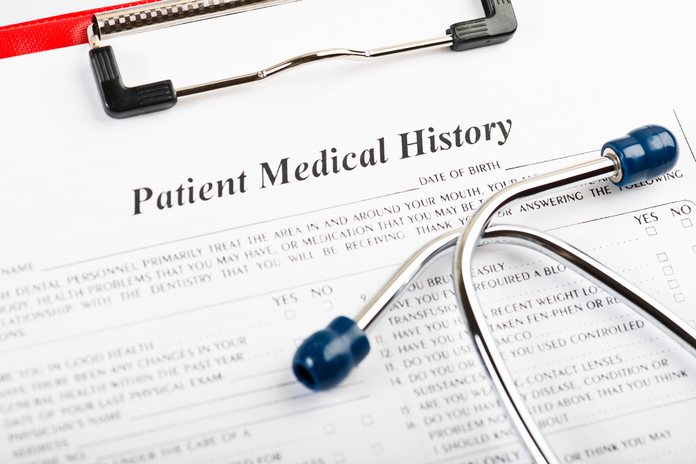Medical History of Hip Pain

Many different things can cause hip pain. This is why doctors ask so many questions. If you’re having any type of hip pain, ensure that you give them the information they need. For that purpose, we have devoted an entire article to the signs and symptoms associated with hip pain. It would be useful if you took a look and found out the best ways to describe what you’re feeling.
When you go to the doctor, you should always tell them everything you feel might have been causing your symptoms. For example, you should mention anything you’ve recently done (like playing sports) and tell the doctor about any changes in your diet or lifestyle. You should never lie to a medical professional. If you do, you could end up with unnecessary tests and procedures.
If you’re having trouble answering the doctor’s questions, you may want to consider bringing someone along with you. This will help you stay calm and relaxed.
With all those questions, the doctor will be able to create a medical history. Gathering this information is essential to rule out diseases one by one, depending on what you feel:
- Intensity of pain: Pain due to hip fractures does not have the same intensity as bursitis. You probably want the doctor to take your pain seriously, but it is better to describe the intensity of pain accurately without overplaying it.
- Pain location: Anterior and lateral pain can be due to arthritis. When the symptoms are only on your side, it can be due to bursitis. When the pain is located on your buttocks, hamstring problems and piriformis syndrome should be ruled out. These are only examples to set the point that locating your pain is very important for medical history.
- Triggers: It is essential to see what triggers pain and what you do to successfully improve the symptoms. For instance, nerve-related pain may not respond so well to anti-inflammatory medications.
- Personal history: You need to answer private questions because the frequency of hip ailments is different according to your age, sex, type of activity, job, and so on.

